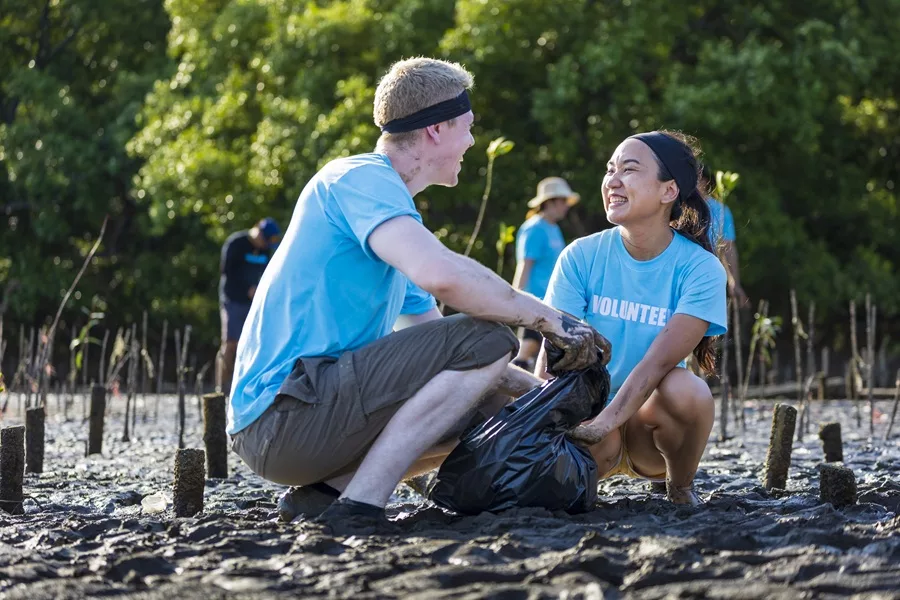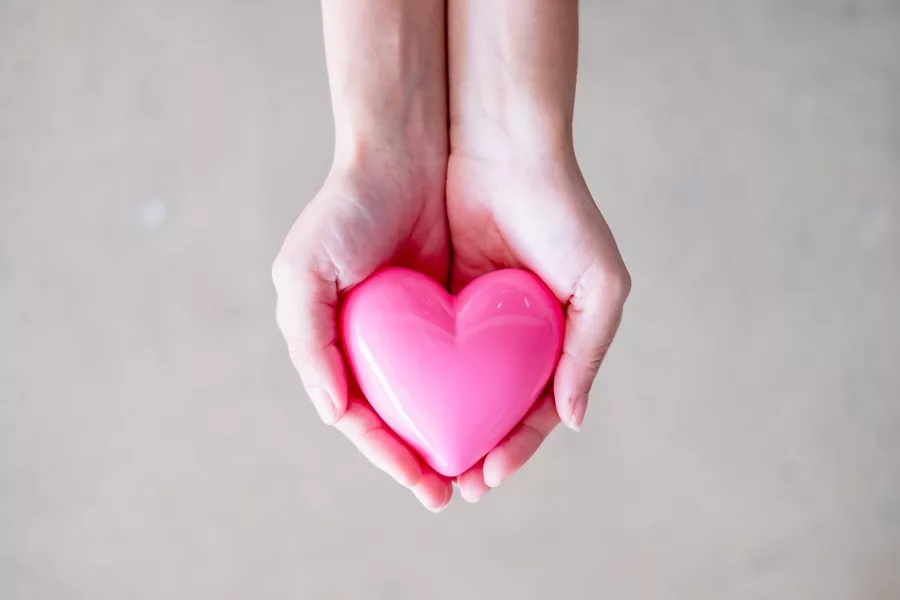Giving is often framed as an act of generosity, something we do when we have extra to spare. But what if we viewed giving not as an option, but as a fundamental part of life—an act as essential as breathing? Across history, philosophy, and psychology, the act of giving has been shown to strengthen individuals, communities, and societies. This article explores why giving matters, how it creates a ripple effect, and ways we can integrate it into our lives beyond monetary donations.
Why Giving Matters
Giving is deeply connected to human well-being. Studies in positive psychology have shown that acts of giving—whether time, resources, or kindness—activate reward centres in the brain, leading to feelings of fulfilment and long-term happiness.✔ Improves Mental and Emotional Well-Being – Acts of giving reduce stress and promote happiness by releasing endorphins and oxytocin, often referred to as the “helper’s high.”
✔ Strengthens Social Connections – Giving fosters trust, strengthens relationships, and builds a sense of belonging within communities.
✔ Creates a Cycle of Kindness – The more we give, the more we inspire others to give, creating a positive chain reaction that benefits society as a whole.
The Ripple Effect of Giving
Giving is not an occasional gesture—it is an integral part of a functioning society. Many philosophical traditions and ethical systems recognise that giving is as fundamental to human life as eating and breathing.

✔ Philosophical Perspectives – Aristotle’s concept of Eudaimonia (human flourishing) emphasises that a fulfilling lifes achieved through contributing to the well-being of others. Confucian philosophy also highlights Ren, or human kindness, as essential to a harmonious society.
✔ Social Science & Ethics – Cultures with embedded reciprocity systems tend to have stronger communities and more resilient social structures. Giving sustains relationships and strengthens the social fabric.
✔ The Role of Giving in Human Nature – Across cultures, the act of giving has been embedded in traditions, religious teachings, and social structures as a necessary function of a thriving society.
Ways to Give Beyond Money
Giving isn’t just about financial donations. There are many ways to make a meaningful impact, for example:
✔ Time & Volunteering – Giving your time to help others, whether through mentorship, community service, or simply being there for someone in need.
✔ Acts of Kindness – Small gestures, like a kind word or helping hand, can create significant change in someone’s life.
✔ Knowledge Sharing – Offering guidance, mentorship, or education to empower others.
✔ Sustainable Giving – Supporting long-term impact initiatives, such as social enterprises and ethical businesses, that help create self-sustaining communities.

VitaV’s Commitment to Social Impact
At VitaV, we believe that true success is not just about delivering high-quality products but about making a tangible difference. That’s why we support Action Against Hunger, an initiative dedicated to tackling global malnutrition.
✔ Giving as Part of Our Mission – We are committed to ensuring that giving is not just something we do, but something embedded in how we operate. ✔ Future Initiatives – As we grow, we aim to expand our involvement in social impact programmes, ensuring that we give back in meaningful and sustainable ways.
Read more on our Health for All mission.
Take Action
Giving is not an obligation—it is an essential part of human life and social survival. When we integrate giving into our daily lives, we don’t just improve the lives of others—we enrich our own. Whether through time, skills, kindness, or business initiatives, there is always an opportunity to contribute.
✔ How will you make giving a part of your life? ✔ Do you have a story to share? ✔ Can you give an example of giving, perhaps as simple as offering a smile?
